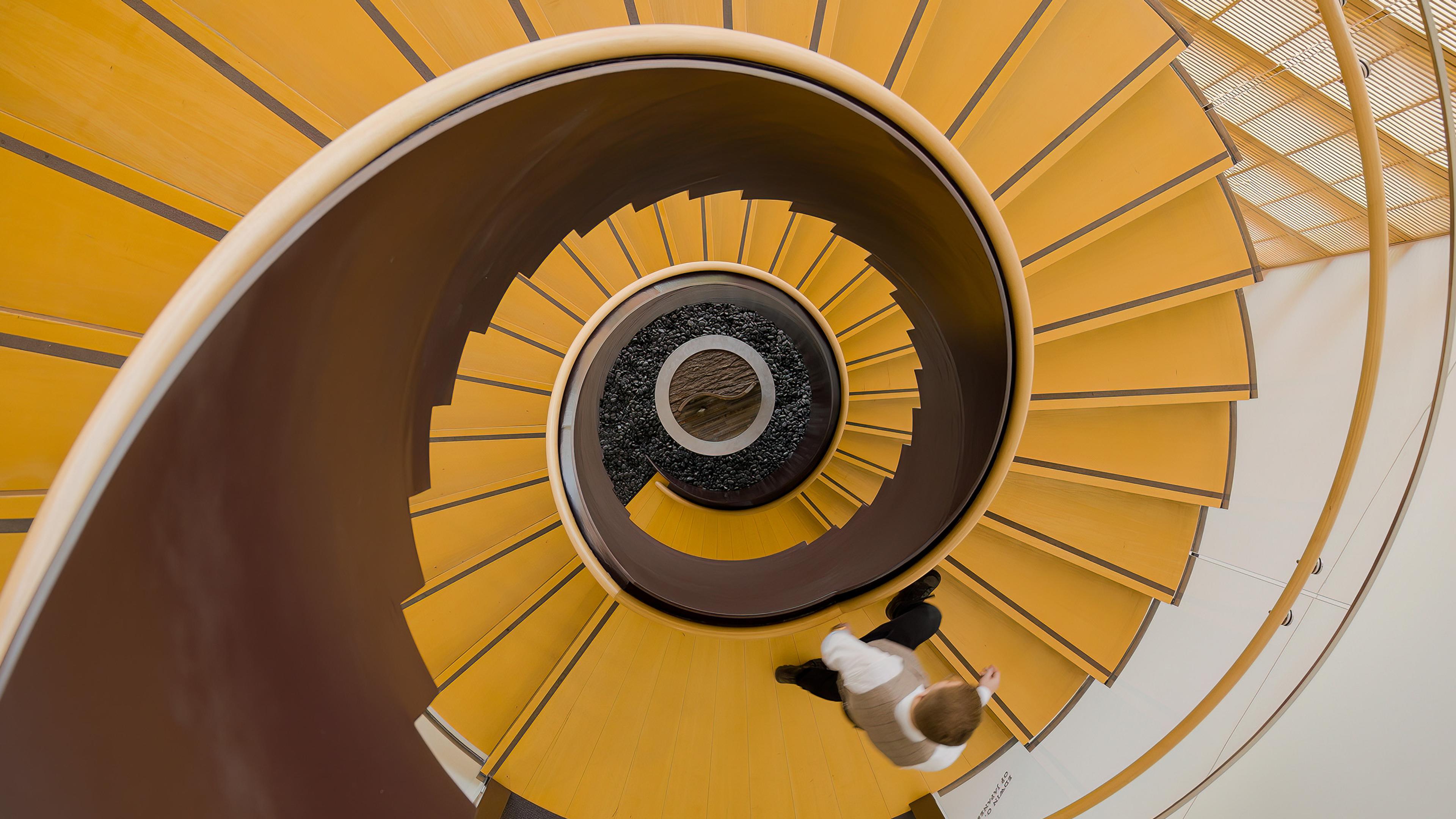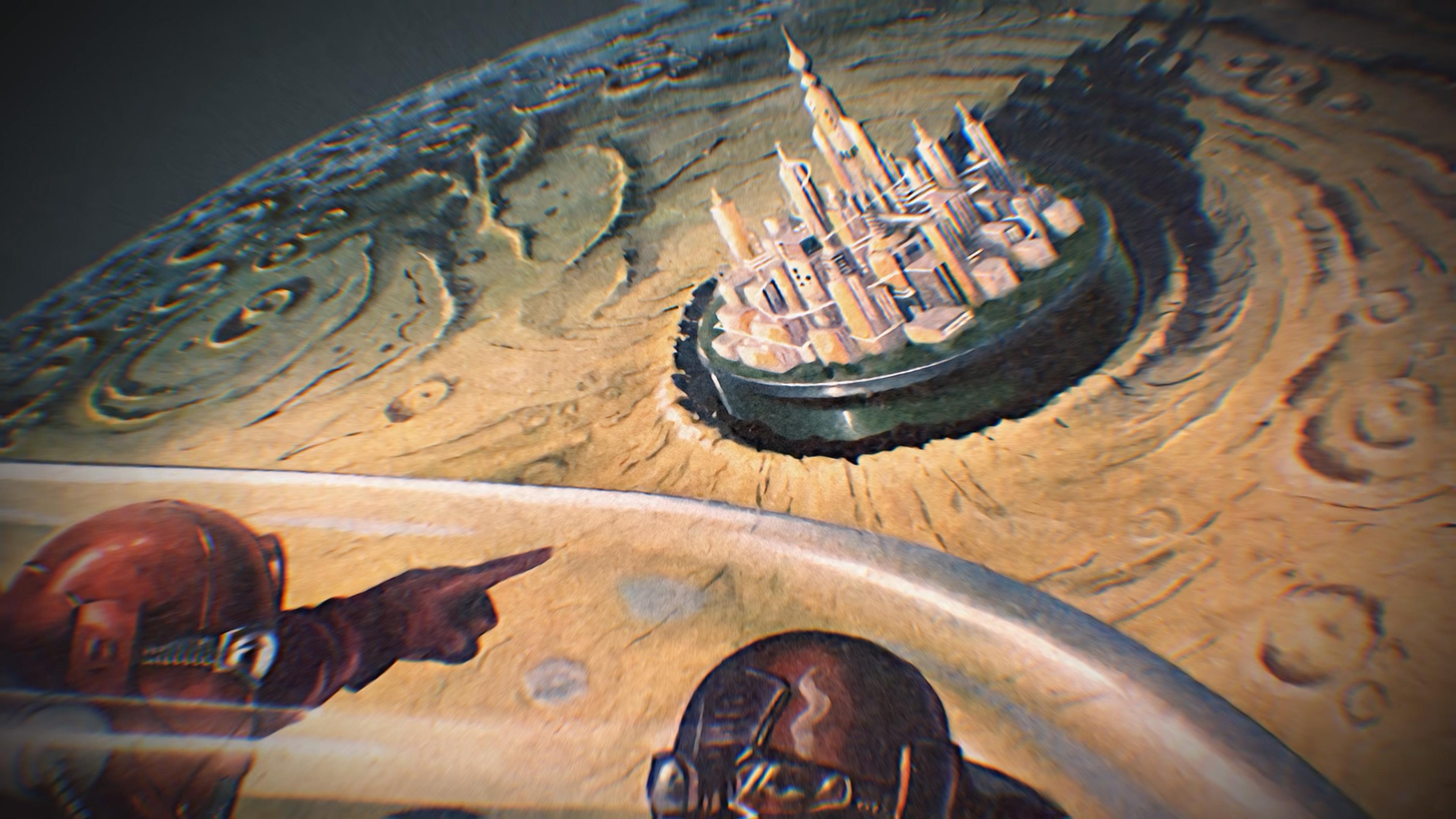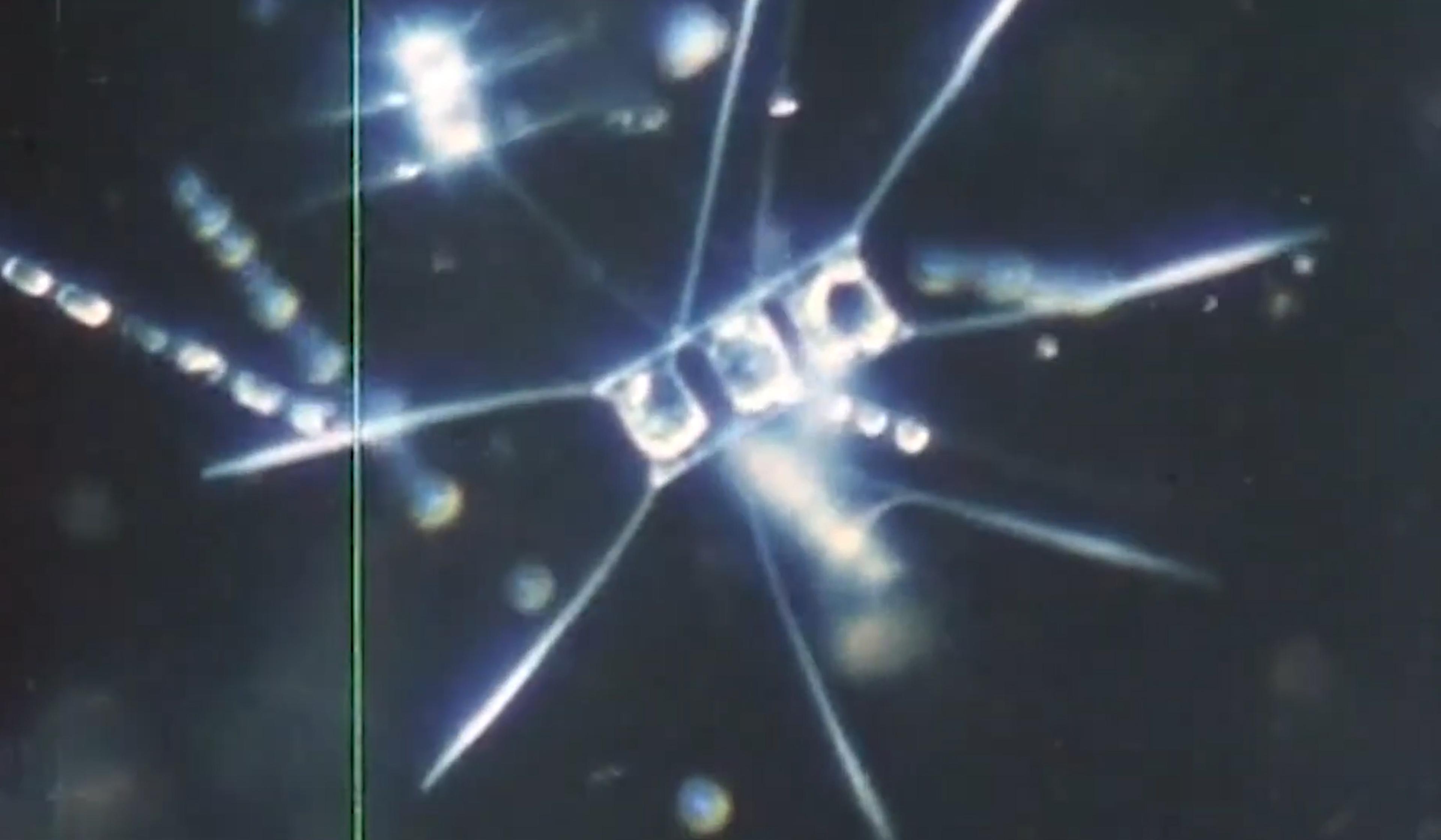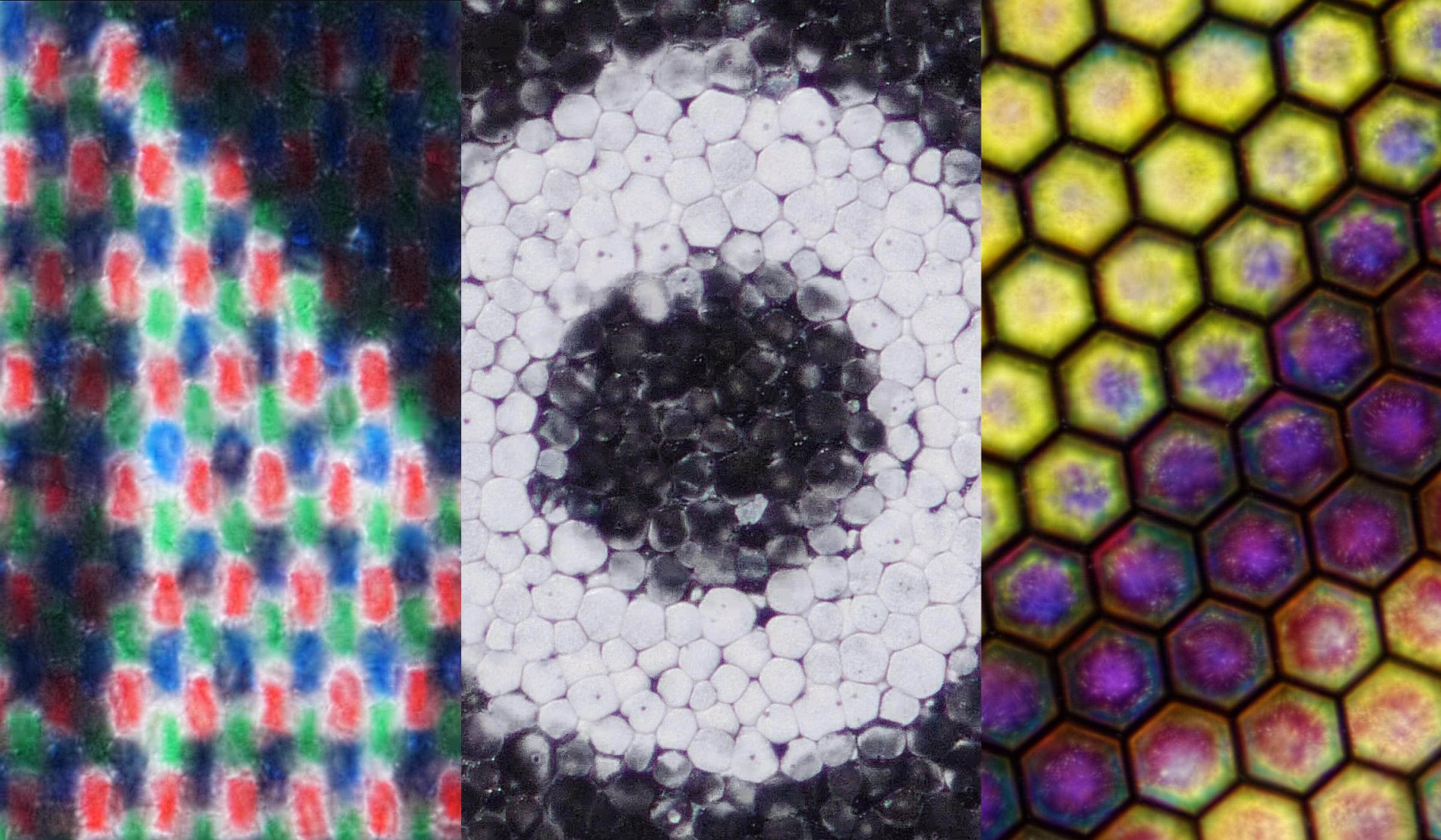The idea that life on Earth originated elsewhere is not as far out as it seems
Far from being rigid and fragile, the study of the microbial world has revealed that life at the smallest scales is deeply tenacious, and able to persist in some of the most extreme conditions on Earth. The incredible survival skills of certain forms of bacteria and archaea, including the ability to stay dormant for millions of years and survive in space, has lead some scientists to believe that life originating from a single celestial source could potentially spread to other planets and moons. Narrated by the UK physicist and TV presenter Brian Cox, this brief animation explores the arguments for ‘panspermia theory’, or the notion that microbes might be able to ‘hitchhike’ on meteoroids to spread life throughout the cosmos. Once an idea on the scientific fringes, today panspermia is being researched by an elite team of scientists at Harvard and MIT, who believe it may have been possible for microbes on Earth to spread to Mars – or vice versa.
Video by BBC Ideas, The Open University
Animation: Pomona Pictures

video
Animals and humans
Why be dragons? How massive, reptilian beasts entered our collective imagination
58 minutes

video
Biology
How the world’s richest reds are derived from an innocuous Mexican insect
5 minutes

video
Physics
The abyss at the edge of human understanding – a voyage into a black hole
4 minutes

video
Chemistry
Why do the building blocks of life possess a mysterious symmetry?
12 minutes

video
Cosmology
Tiny, entangled universes that form or fizzle out – a theory of the quantum multiverse
11 minutes

video
Astronomy
The history of astronomy is a history of conjuring intelligent life where it isn’t
34 minutes

video
Metaphysics
Simple entities in universal harmony – Leibniz’s evocative perspective on reality
4 minutes

video
Biography and memoir
Passed over as the first Black astronaut, Ed Dwight carved out an impressive second act
13 minutes

video
Engineering
A close-up look at electronic paper reveals its exquisite patterns – and limitations
9 minutes